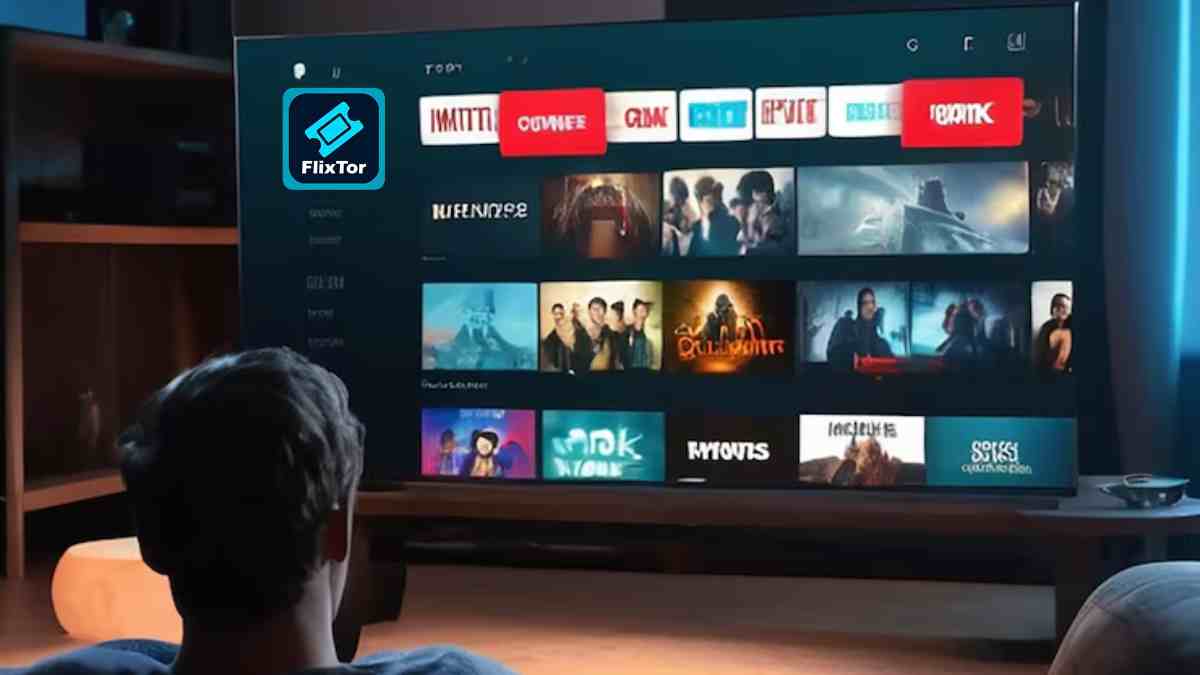
In House Financing Cars! Are you dreaming of cruising around town in your dream car, but struggling to secure financing? In-house financing could be the solution you’ve been searching for! From understanding how it works to navigating the negotiation process, this blog will guide you through everything you need to know before buying a car with in-house financing. Buckle up and let’s dive into the world of in-house car financing together!
In House Financing Cars: Explanation of In House Financing
In house financing cars is a financing option offered directly by car dealerships, allowing customers to secure a loan without going through a third-party lender. This type of financing can be appealing to those with less-than-perfect credit or limited financial history.
So, what does in-house financing cars mean at car dealerships? Essentially, it means that the dealership acts as the lender, providing you with the funds needed to purchase your vehicle directly.
How does in-house car financing work? Well, instead of applying for a loan from a bank or credit union, you’ll submit your application and financial information directly to the dealership. The dealership will then review your application and determine the terms of your loan based on their own criteria.
Not all car lots offer in-house financing, so it’s essential to do some research and find dealerships that provide this option if you’re interested. Keep in mind that each dealership may have different requirements and terms for their in-house financing options.
What is in House Financing for Cars
In house financing for cars is when the dealership provides the loan directly to the buyer, cutting out the need for a third-party financial institution. This option can be appealing to those who may have difficulty obtaining traditional financing due to credit issues or lack of credit history. With in house financing, dealerships make their own lending decisions based on factors such as income and employment stability.
By offering in house financing, car dealerships aim to attract a wider range of customers and increase sales by providing more accessible options for purchasing a vehicle. This type of financing can streamline the buying process and offer convenience for buyers who prefer dealing directly with the dealership for their loan needs.
Understanding what in house financing entails is essential before considering this option when purchasing a car. It’s important to weigh the pros and cons carefully to determine if it’s the right choice for your unique financial situation.
What Does in House Financing Mean at Car Dealerships
In the world of car shopping, in-house financing at dealerships can be a game-changer. But what exactly does it mean? Well, when a dealership offers in-house financing, it means they are willing to finance your car purchase themselves instead of going through a third-party lender.
This can be beneficial for those who may not qualify for traditional bank loans due to credit challenges or other financial reasons. In-house financing allows the dealership to work directly with customers to find a payment plan that fits their budget and needs.
Essentially, it’s like one-stop shopping – you pick out your dream car and secure financing all under one roof. It gives buyers more flexibility and convenience in the purchasing process. Plus, dealerships offering in-house financing often have more lenient approval criteria compared to banks or credit unions.
How Does In House Financing Cars Work
When it comes to in house car financing, the process is pretty straightforward. Instead of going through a third-party lender like a bank or credit union, the dealership itself provides the financing for your vehicle purchase. This means you’ll work directly with the dealership’s finance department to secure a loan and make payments.
Typically, you’ll need to fill out an application detailing your financial information and credit history. The dealership will then review your application and determine what loan terms they can offer you based on their internal criteria. Once approved, you’ll sign a financing agreement outlining the terms of the loan, including interest rate, monthly payments, and repayment schedule.
It’s important to note that in house financing may come with higher interest rates compared to traditional lenders due to potentially increased risks for the dealership. However, it can be a convenient option for those with less-than-perfect credit or who prefer a more streamlined purchasing process at the dealership.
What Car Lots Do in House Financing
When it comes to in house financing for cars, not all car lots offer this option. Car lots that provide in house financing typically have their own finance department or work directly with financial institutions to facilitate loans for customers who may not qualify through traditional lenders.
These specialized car dealerships often cater to individuals with less than perfect credit scores or those who have limited credit history. By offering in house financing, these car lots can help a wider range of customers get behind the wheel of a vehicle they need.
Customers looking for in house financing options should seek out dealerships that explicitly advertise this service. These establishments will have knowledgeable staff who can guide buyers through the application process and explain the terms and conditions of the loan agreement.
Choosing a car lot that offers in house financing can be beneficial for those facing credit challenges or seeking a more streamlined approval process when purchasing a vehicle.
How to Qualify forIn House Financing Cars
To qualify for In House Financing Cars when buying a car, there are a few key factors to consider. First and foremost, your credit score plays a significant role in determining your eligibility for this type of financing. Dealerships offering in-house financing may be more flexible with credit scores compared to traditional lenders.
Additionally, you will need to provide proof of income to demonstrate your ability to make regular payments on the loan. This can include pay stubs or bank statements. Some dealerships may also require a down payment or trade-in vehicle as part of the qualification process.
It’s important to have a clear understanding of your budget and how much you can afford to spend on monthly payments before applying for in-house financing. Being prepared with all necessary documentation and information will help streamline the approval process and increase your chances of qualifying for this type of financing option.
Tips for Negotiating with Dealerships
When it comes to negotiating with dealerships for in-house financing cars, preparation is key. Start by researching the market value of the car you’re interested in and set a budget beforehand.
Be confident but respectful during negotiations. Remember that both parties are looking for a mutually beneficial deal. Don’t be afraid to walk away if the terms don’t meet your expectations.
If possible, try to negotiate based on the total cost of the vehicle rather than monthly payments. This can give you a clearer picture of what you’re actually paying in the long run.
Ask about any incentives or promotions that might be available to help lower the overall price. Dealerships may have special offers or discounts that could work in your favor.
Always read and understand all documents before signing anything. Make sure there are no hidden fees or clauses that could come back to bite you later on.
Advantages and Disadvantages of In House Financing Cars
When it comes to in house financing cars, there are both advantages and disadvantages to consider. One of the main advantages is that it can be easier to qualify for compared to traditional bank loans. This can be beneficial for individuals with less-than-perfect credit scores or those who may have difficulty getting approved elsewhere.
Additionally, in house financing often offers a more streamlined process, allowing you to complete your purchase quickly without having to wait for external approvals. Moreover, some dealerships may offer flexible payment terms tailored to your financial situation, making it easier to manage your payments.
On the flip side, one of the main disadvantages of in house financing is that it typically comes with higher interest rates than traditional loans. This means you could end up paying more over time compared to securing a loan through a bank or credit union.
Furthermore, some in house financing arrangements may have stricter repayment terms and consequences if you miss payments, potentially putting your vehicle at risk if you fall behind on payments. It’s essential to carefully review all terms and conditions before committing to an in house financing agreement.
Understanding Interest Rates and Payment Terms
Understanding the interest rates and payment terms when opting for in-house financing is crucial. Interest rates can greatly impact the total cost of your vehicle over time. The lower the rate, the less you’ll pay in the long run. Payment terms refer to how long you have to repay your loan and can determine your monthly payments.
Interest rates on in-house financing cars tend to be higher than traditional loans since they are often provided without thorough credit checks. This means you may end up paying more over time. Make sure you fully understand what interest rate you’re being offered and how it compares to other options available.
Payment terms typically range from 12-72 months, with longer terms resulting in lower monthly payments but higher overall costs due to accruing interest. It’s essential to weigh the pros and cons of longer versus shorter payment terms based on your financial situation.
Before committing to any deal, make sure to carefully review all details regarding interest rates and payment terms so that there are no surprises down the road. Understanding these factors will help you make an informed decision when considering in-house financing for your next car purchase.
In House Financing Cars: Potential Risks and Precautions
When consideringIn house financing cars for your next car purchase, it’s important to be aware of the potential risks and take necessary precautions. One risk is that some dealerships may charge higher interest rates compared to traditional lenders, leading to increased overall costs. Another risk is the possibility of hidden fees or undisclosed terms that could catch you off guard.
To avoid these risks, make sure to carefully review all loan documents before signing anything. Ask questions about any unclear terms or conditions and seek clarification if needed. It’s also advisable to research the dealership’s reputation and read reviews from other customers to gauge their trustworthiness.
Additionally, consider getting pre-approved for a loan from a bank or credit union before visiting dealerships offering in-house financing. This way, you can compare offers and ensure you’re getting the best deal possible while protecting yourself from potentially predatory lending practices.
Alternatives to In House Financing Cars
If you’re considering purchasing a car but want to explore alternatives to in-house financing, there are several options available. One alternative is securing a traditional auto loan from a bank or credit union. These institutions often offer competitive interest rates and flexible payment terms.
Another option is exploring lease-to-own programs, where you can lease a vehicle with the option to buy it at the end of the term. This can be beneficial for those looking for lower monthly payments or who may not qualify for a traditional loan.
You could also consider saving up and paying cash for a pre-owned vehicle. While this may require patience and discipline, it eliminates the need for financing altogether.
Some dealerships offer manufacturer incentives such as 0% APR financing on select models. Be sure to research and compare all your options before making a decision on how to finance your next car purchase.
Conclusion
As you wrap up your journey into the world of in-house financing cars, remember that knowledge is power. Understanding how in-house financing works, qualifying for it, negotiating effectively with dealerships, and being aware of the advantages and disadvantages are all crucial aspects to consider before making a decision.
Interest rates and payment terms play a significant role in determining the overall cost of your vehicle purchase through in-house financing. Being informed about these factors can help you make a more financially sound choice.
While there are risks involved with in-house financing cars, taking precautions such as thoroughly reading and understanding the terms of the agreement can help mitigate potential pitfalls.
Exploring alternative In House Financing Cars options can also provide you with more flexibility and potentially better terms suited to your financial situation.
In the end, arming yourself with knowledge and being proactive in your approach will empower you to make an informed decision when it comes to buying a car through in-house financing.
FAQs: In House Financing Cars
What credit score do I need to qualify for in-house financing?
Usually, in-house financing is more lenient than traditional bank loans, so you may still qualify with a lower credit score. However, the specific requirements can vary between dealerships.
Can I negotiate the terms of an in-house financing agreement?
Yes, negotiating is always an option when it comes to car financing. Don’t be afraid to discuss interest rates, down payments, and payment terms with the dealership.
It’s essential to carefully review the contract before signing to understand all fees involved. Ask about any potential additional charges or penalties upfront.
Is in-house financing only available for new cars?
In House Financing Cars can be available for both new and used cars at some dealerships. It’s best to inquire directly with the dealer about their options.
What happens if I default on my in-house financing payments?
If you miss payments or default on your agreement, the dealership may repossess your vehicle as collateral. It’s crucial to communicate any financial difficulties early on and potentially renegotiate payment terms if needed.







